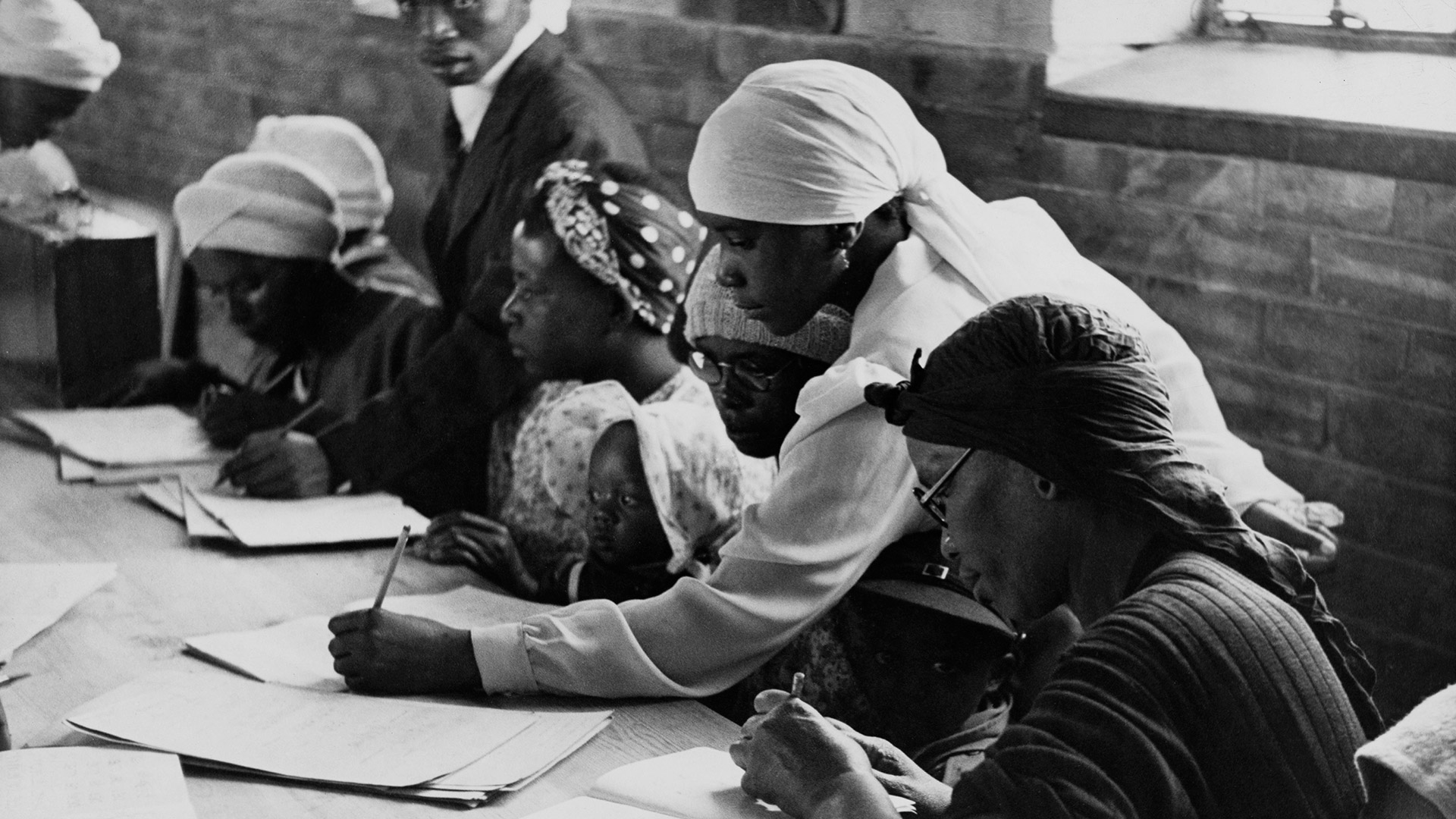Languages & learning
In our globalising world, minority languages are disappearing at an unprecedented rate, and although many of Africa’s indigenous languages remain in relatively good health, the continent’s universities play a vital role in sustaining and preserving African languages.
Unisa’s engagement with African languages dates back to 1879, when Xhosa and Sotho were included in its language examinations. In 1913, the University’s first honorary doctorate for a woman was conferred on Lucy Lloyd, who documented the /Xam and !Kung San languages. Unisa’s first black full professor, D.B.Z. Ntuli, appointed in 1983, is the author of a substantial body of literature in Zulu.
In South Africa, the politics of language has a long history. Eighteenth-century slaves, brought from Asia to the Cape by South Africa’s Dutch colonisers, were instructed to speak only Dutch in front of their masters. They were punished for speaking Portuguese, the language of Holland’s Roman–Catholic enemy. Centuries later, the Soweto Uprising by high-school students resisting the imposition of Afrikaans as the only language of instruction became a decisive turning point in the struggle against apartheid.
Throughout the apartheid era, Unisa retained its bilingual independence, continuing to offer instruction in English despite government pressure to become an “Afrikaans-only” university.
